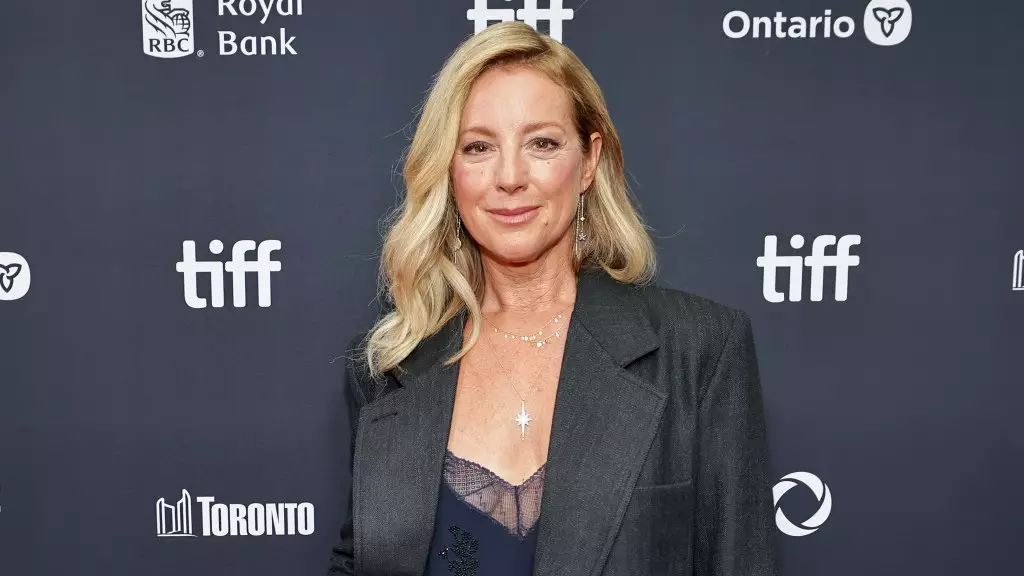In recent times, the artistic community has found itself increasingly caught in the crossfire of political and corporate censorship, revealing a disturbing trend towards silencing dissent and undermining fundamental freedoms. The postponement of the Lilith Fair documentary’s premiere and the collective decision of performances to be canceled exemplify how modern institutions are growing intolerant of controversial voices, especially those that challenge prevailing narratives. This isn’t just a matter of corporate logistics; it reflects a deeper erosion of the democratic right to free speech. In a society that claims to champion diversity and openness, the strategic suppression of voices—whether through cancellation, censorship, or silence—weakens the very foundation of democratic dialogue and the marketplace of ideas.
By choosing to abstain from performance and public commentary, artists like Sarah McLachlan highlight an alarming willingness to capitulate in the face of political pressure. While intentions to show solidarity may seem noble, the larger consequence is a normalization of suppression. When artists, activists, and public figures retreat out of fear of reprisal or backlash—regardless of the cause—they inadvertently endorse a culture where dissent becomes dangerous. This chilling effect diminishes the power of cultural figures to serve as catalysts for change, reducing them from voices of conscience to mere bystanders. Democracy depends on robust debate, and silence in the face of injustice equates to tacit approval of authoritarian tendencies.
The Myth of ‘Safety’ at the Cost of Critical Discourse
One of the most insidious aspects of this suppression is the myth that silencing controversial figures or ideas creates safety or harmony. This fallacious premise masks the reality: preventing uncomfortable conversations only entrenches societal divisions. When voices like Kimmel’s are censored or scrutinized excessively, it sends a warning signal that certain perspectives are off-limits. The risks of this approach are profound: a populace less informed, less engaged, and more vulnerable to manipulation.
The incident surrounding Kimmel’s comments on Charlie Kirk’s tragic death illustrates a dangerous precedent. Instead of engaging with uncomfortable truths or fostering open debate, society appears more inclined to label certain viewpoints as taboo, unworthy of discourse. Yet, genuine progress—whether in civil rights, LGBTQ+ acceptance, or political reform—requires confronting difficult realities publicly. It’s through debate, even heated or uncomfortable, that society refines its values and grows stronger. Censorship undermines this process, creating a fragile social fabric susceptible to fracturing rather than healing.
Artistic and Political Courage: The Need to Resist Conformity
The decision of Sarah McLachlan and other artists to forgo their scheduled performances is, at face value, an act of solidarity. But beneath that superficial symbolism lies a deeper critique: it is a call for creators and citizens alike to challenge the reigning tides of conformity. The silence, in this context, is a form of resistance—an acknowledgment that standing by and doing nothing entrenches systems of control.
In a healthy democracy, artists and public figures shoulder the mantle of moral responsibility. They must resist the temptation to conform to a sanitized version of reality that favors corporate interests or political expediency. True courage involves confronting uncomfortable truths, speaking out against injustice, and risking controversy. This requires resilience and a refusal to accept the narrative dictated by powerful entities seeking to suppress dissent. When society rewards silence, it fosters an environment where authoritarian instincts flourish and the collective consciousness stalls.
For the liberal-minded advocating for fairness, equality, and social progress, the lesson here is crystal clear: silence is complicity. The collective attempt to mute dissent—whether through cancelling events, intimidating voices, or retreating from difficult conversations—weakens the social fabric and compromises the very ideals of free expression and mutual understanding. Progress is messy, contentious, and sometimes uncomfortable, but it is inherently valuable. To uphold liberal principles in the 21st century, society must cultivate courage—both artistic and political—to resist the fast-moving currents of suppression and to stand firm for open dialogue and shared humanity.

